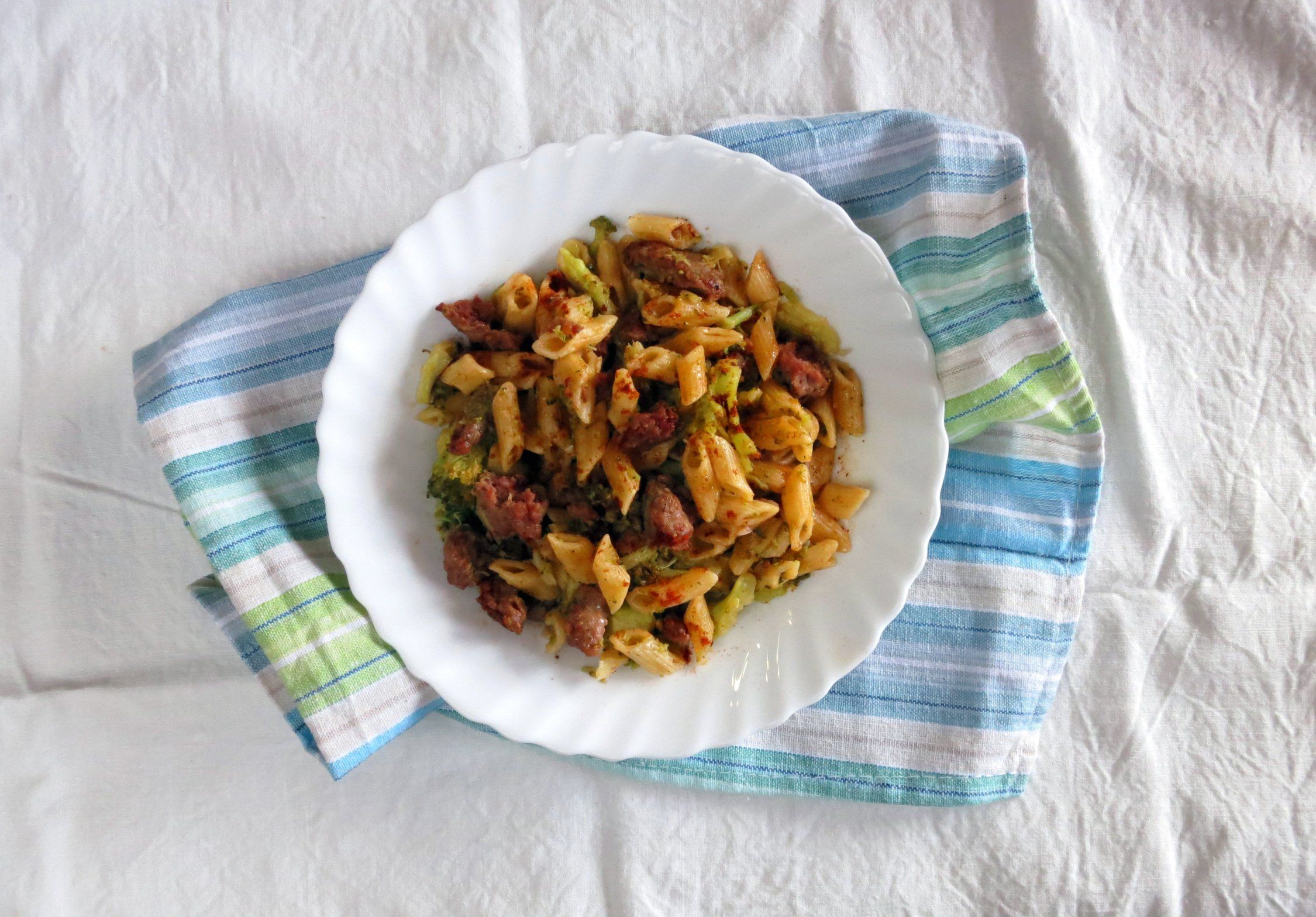


Learn the definition of al dente and how to ensure your pasta is cooked correctly. To avoid making mistakes, taste a piece to check if it has cooked properly. Cooking pasta al dente is the key to a perfect pasta dish. Fresh or stuffed pasta needs three or four minutes to cook and is ready once it begins to float to the top. The cooking times vary according to the quality of the wheat, and they are usually indicated on the package. If you miscalculate, you’ll have overly raw or overcooked pasta. Add salt, oil(optional), and pasta to boiling water, stir gently. Yes, the cooking time for pasta is everything. Take a wide pot, add water, cover the pot with the lid and bring to roiling boil. If anything, you can add a drizzle of olive oil just after draining the pasta to prevent it from sticking, especially if it’s fresh or stuffed pasta. Don’t add any oil to the pasta while it’s cooking or you risk the taste transferring to the pasta.
#Stew pot for aldente pasta full
Once the water reaches a full boil, toss the pasta in all at once and stir with a wooden spoon. The salt should be added once the water begins to boil, just before you add the pasta. For every 16 oz package of pasta, you’ll need a little more than a gallon of water and two tablespoons of salt. Set on stew to cook for 20 minutes or until pasta becomes al dente.3. You should choose a medium or large pot for cooking pasta because it requires a generous amount of water. Add pasta and water to cover the pasta in your VitaClay pot.2. Let’s start with the pot, which must be deep with a cylindrical shape. That means the pasta shouldn’t be raw or overcooked, but served al dente. Raw pasta is not easy to digest because the body's digestive enzymes cannot adhere to it, whereas overcooked pasta tends to form a sticky dough in the digestive tract, which blocks digestion. The starch can also be digested in a gradual manner, which prevents blood sugar spikes. With this shorter cooking time, the starch granules are hydrated, but not so much that they release into the cooking water. Pasta boiled al dente has a lower glycemic index. These two components react differently on the chemical level: Gluten absorbs the starch granules, while the starch absorbs water and swells until dispersed in the cooking water if boiled for long enough - meaning that if you cook pasta for too long, the starch will release into the cooking water - resulting in a loss of nutrients. So - with this new frame of reference in mind, is pasta better al dente or cooked until soft? To appropriately answer this question, we must first understand what happens when we cook the pasta. There are differing schools of thought when it comes to cooking pasta - but there is one important element we should all consider: The longer you cook the pasta, the easier it is to digest.


 0 kommentar(er)
0 kommentar(er)
